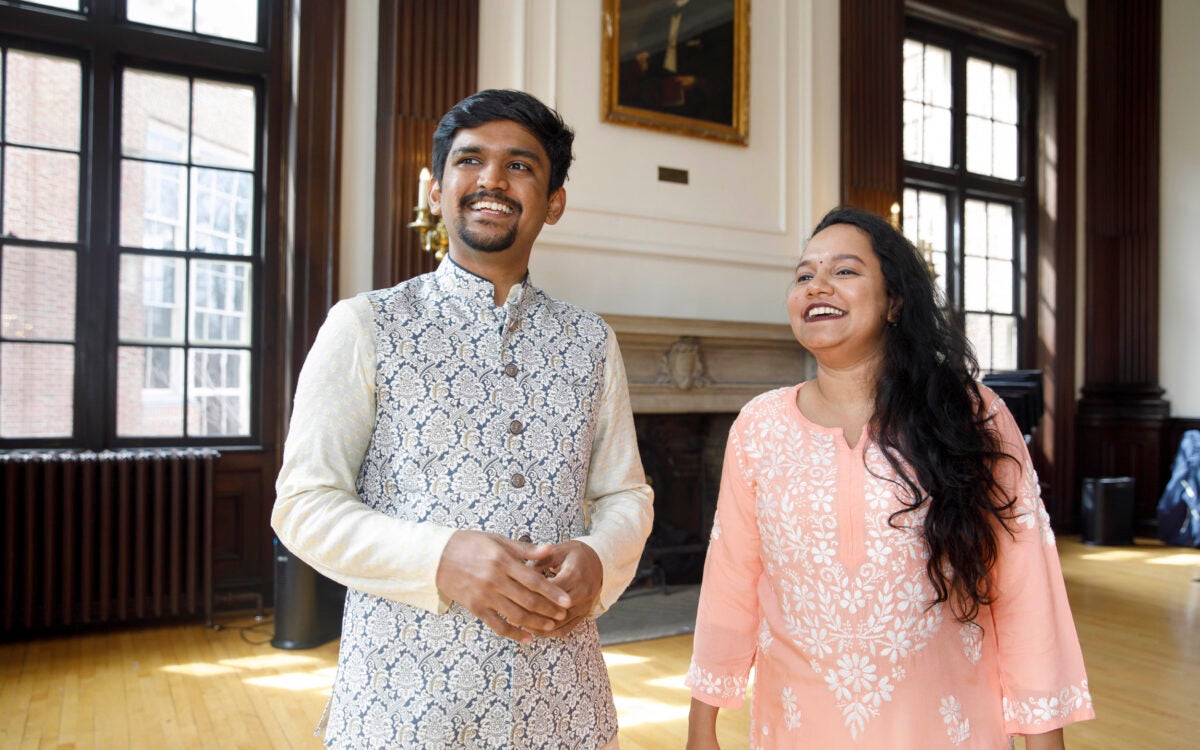Warming called a global ‘experiment’
Schrag says climate change will probably affect poorer countries disproportionately
Climate scientist Daniel Schrag says that human-caused climate change is inevitable, though scientists don’t know exactly how severe or even exactly what its effects will be. Schrag said the public health effects related to climate change would probably be most severe in poorer nations. Though climate effects will be experienced in richer nations, those countries have the resources to adapt and protect the health of their citizens. Schrag pointed to Hurricane Mitch, which devastated Honduras in 1998, compared with 2004’s series of hurricanes that slammed into Florida, with relatively low loss of life. Though some researchers expect that a warmer environment will mean a spread of infectious tropical diseases, like malaria, into cooler latitudes, Schrag said he thought developed nations’ public health systems are up to the challenge. Though poorer nations may be hardest hit by climate change, Schrag said it would be a mistake to divert attention from global warming to pour resources into developing those nations. Though there is much uncertainty about global warming, Schrag said, it appears clear that the effects will be dramatic and widespread. “We are performing an experiment on a planetary scale that hasn’t been done for millions of years,” Schrag said. “Nobody knows what’s going to happen and there will be surprises.”




